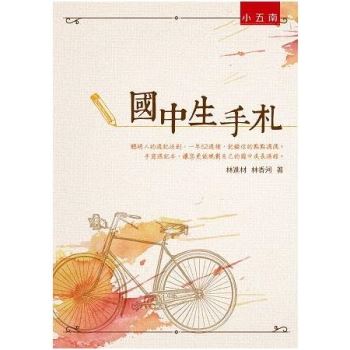Samuel Akpabot s life tells a unique story of an incredible and fascinating journey encompassing over six decades. The life, music, and scholarly effervescence of Samuel Akpabot are indeed an epitome of intercultural musicology. The odyssey reveals a motion through a tri-cultural enclave in Africa, England, and the United States. The fundamental seed sown into the young Akpabot at King s College and the Cathedral Church of Christ Choir, Lagos, ultimately blossomed into full Professorship at the University of Uyo and international stardom. His creative experience attests to the squirm that the first and second generation of Nigerian composers had to contend with to create indigenous African art music. Akpabot was a Jack of all trade, and Master of ALL. He was a classical and dance band pianist, organist, xylophonist, vibraphonist, trumpeter, drummer, composer, ethnomusicologist, African musicologist, intercultural musicologist, poet, Professor of music, conductor, broadcaster, and sports writer. Akpabot was a genius in all these areas and he dazzled the Nigerian and American students, audiences, congregations, sports enthusiasts, and colleagues, with his God given talents. A feisty scholar, his contribution to African musicology is indeed extensive and priceless. He covered every pertinent area in the study of African music traditional music, popular dance music, church music, modern art music, and poetry. He exerted himself and was well-respected as an authority on African musicology. The book is divided into three main parts with an epilogue: (i) the biography of Samuel Akpabot chapter 2; (ii) his compositions chapters 3 to 5; and (iii) his contributions to knowledge chapters 6 to 11. Since Akpabot s books are presently out-of-print, chapters 6 to 9 and 11 present a brief summary of each book in order for everyone to have access to his contribution to African musicology and Nigerian football. Chapter 10 is a succinct summation of nine of his published articles on African music. Composers, performers, African musicologists, ethnomusicologists, intercultural musicologists, and church musicians, would be enthralled by this ethnography on tri-cultural musicality.
| FindBook |
有 1 項符合
Samuel Akpabot: The Odyssey of a Nigerian Composer-Ethnomusicologist的圖書 |
 |
Samuel Akpabot: The Odyssey of a Nigerian Composer-Ethnomusicologist 作者:Sadoh 出版社:iUniverse 出版日期:2008-10-14 語言:英文 規格:平裝 / 152頁 / 22.9 x 15.2 x 1 cm / 普通級 |
| 圖書館借閱 |
| 國家圖書館 | 全國圖書書目資訊網 | 國立公共資訊圖書館 | 電子書服務平台 | MetaCat 跨館整合查詢 |
| 臺北市立圖書館 | 新北市立圖書館 | 基隆市公共圖書館 | 桃園市立圖書館 | 新竹縣公共圖書館 |
| 苗栗縣立圖書館 | 臺中市立圖書館 | 彰化縣公共圖書館 | 南投縣文化局 | 雲林縣公共圖書館 |
| 嘉義縣圖書館 | 臺南市立圖書館 | 高雄市立圖書館 | 屏東縣公共圖書館 | 宜蘭縣公共圖書館 |
| 花蓮縣文化局 | 臺東縣文化處 |
|
|
圖書介紹 - 資料來源:博客來 評分:
圖書名稱:Samuel Akpabot: The Odyssey of a Nigerian Composer-Ethnomusicologist
|











